Don’t look back in anger: a retrospective look at The Last Jedi
By Barnaby Turner | Leave a Comment | Published 7 years ago

Star Wars: The Last Jedi (2017) is a film that has divided audiences unlike very few ever since its release, with fans arguing whether it disregarded everything they love about this long-running franchise, or whether it was the bold new reinvention that many were yearning for.
Upon reflection and after yet another viewing of Rian Johnson's ambitious final product though, I think I understand it more than I did in theatres, and I can equally see its flaws. So, I figured I would share my spoilerific thoughts and interpretations ready for its worldwide release on Blu-ray and DVD, and afterwards I'd love to hear yours in the comments below.
SPOILERS FOR STAR WARS: THE LAST JEDI BEYOND THIS POINT

So, when I first saw The Last Jedi I admired it for taking bold steps in new directions (you can read my initial review here on the FilmFed blog) but I also think now that I slightly misinterpreted it. I thought it was a film all about finding balance between good and evil (which is why the final resolution back to light vs dark annoyed me), but actually the key question is more so whether to "let the past die," as Kylo Renn says, or whether to embrace it.
Initially, Rey goes to find the legend of Luke Skywalker to help with the resistance and find answers about her past, but he rejects this and talks about forgetting the ways of the Jedi and discusses finding balance instead - he even burns the ancient Jedi texts. This leads Rey to Kylo who is also preaching this idea of meeting in the middle and forgetting the past, but in the end the message of the film is actually to embrace it as it's revealed that Rey has had the Jedi texts all along, and Luke eventually returns to help the resistance after all by using his historic legacy to spark hope and spur on the next generation of Jedis.
This does mean the film largely disregards the seeds it plants about balance and forgetting the cycle of light vs dark, but crucially it also redefines what that cyclical battle is all about. Indeed, Luke's mission on the battle of Crait isn't to kill Kylo Renn or to destroy the First Order, it's instead about preserving what's good and giving hope to the Resistance - because true balance may be impossible and there may always be evil, but the light and the hope must always live on.
This idea of not just being the hero but always preserving the good is another key theme here and is a fairly new one for this black and white universe, but Poe and Finn are both used to express this throughout the movie as they learn that brash heroism isn't always the way forward.

So, all in all there's no doubt that The Last Jedi takes some admirably bold and thoughtful new strides and that it may take multiple viewings to fully appreciate these, but just because a film is ambitious and thematically interesting doesn't always necessarily make for an engaging and coherent experience.
There are many films that put their ideas at the expense of their characters, and upon multiple re-watches I do think that is the case with The Last Jedi in the occasional instance. Whilst Rey and Luke's side of the story is widely appreciated and is undoubtedly the very core of the film's ideas, the journey of Finn and Rose has been a point of criticism for many, and I have to agree that this is indeed the weaker half of the film.
They do serve the themes of course as Rose's family pendant mirrors the journey surrounding forgetting and embracing the past, and her stopping Finn's sacrifice is significant in the film's message about saving what's good, but narratively - even if the whole Casino scene could be seen as bringing the themes back to a kind of everyday reality - their journeys are relatively inconsequential and their character arcs often feel odd and forced.

Equally, much of the humour in the film feels massively misplaced to me, as whilst JJ Abrams' Star Wars: The Force Awakens (2015) was quietly charming and amusing, this film's humour is often brash and silly (need I remind of the horribly misjudged milk scene). Tonally then, these two films really are worlds apart, as The Last Jedi, is a big, bold statement, whilst its predecessor is a delightful pastiche to the originals.
Visually even, Rian Johnson's palette and overall style is worlds away from Abrams' with beautiful wide establishing shots, bold design ideas and startling colours that give the action sequences and settings wonderful clarity and resonance. The throne room sequence will no doubt go down as one of this franchise's best, but for me the final Battle on the brilliant planet of Crait is the real highlight as it's not only the moment where everything resolves itself properly and all of the strands come together in one way or another, but it's also frankly beautiful and has one of the most meaningful, graceful and spiritual character deaths in any film that I can remember.

So, all in all, Star Wars: The Last Jedi (2017), is the bold step forward that I always felt that it was, but that doesn't mean it's a perfect film. It has its problems - perhaps mainly that its character focus falls behind its thematic elements - but it undoubtedly does something interesting and puts this universe through many interesting paces.
Why was it so divisive? Well it's a bold film that makes some big moves with things that many people love, so it's unsurprising that it's had the backlash that it has. If you dislike the film, it's probably not because of a few plot holes or inconsistencies, you may have felt disengaged by the thematic approach, or fallen out with some of its big decisions. Regardless though, it's always interesting to truly dissect why you feel the way that you do and appreciate the things that worked and the things that didn't. Star Wars: The Last Jedi (2017), is a very interesting film that definitely demands multiple viewings, so regardless of whether you liked it when you saw it in theatres, I'd definitely urge you to reassess it now that it's out on Blu-ray and DVD worldwide.



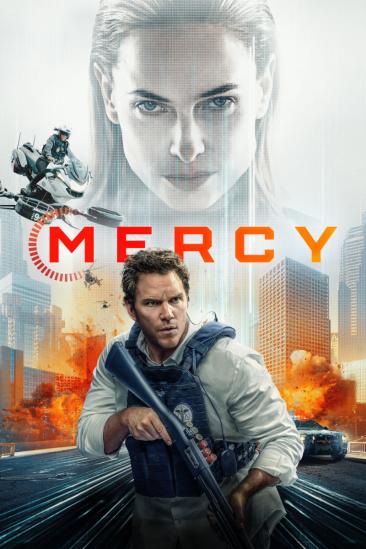
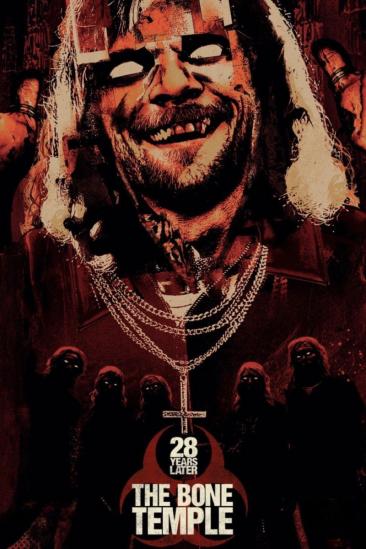
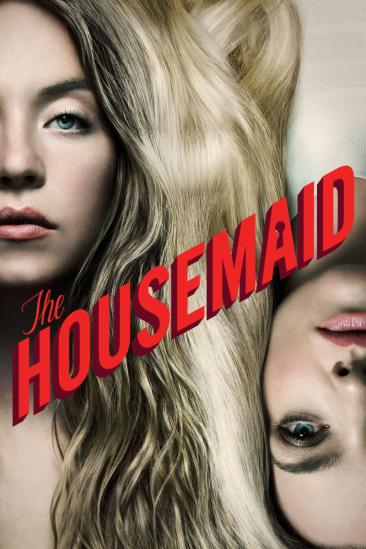

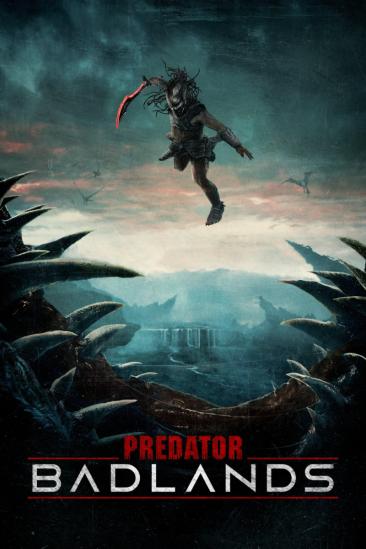
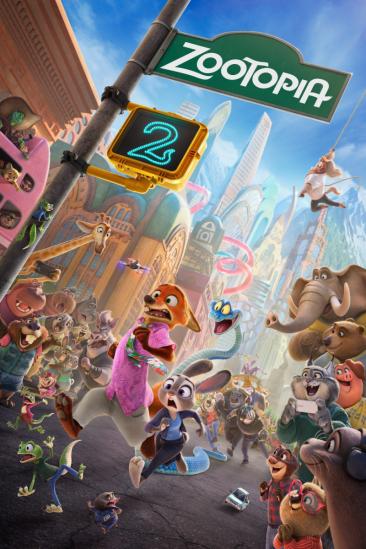
Post a New Comment
Sign In to CommentComments